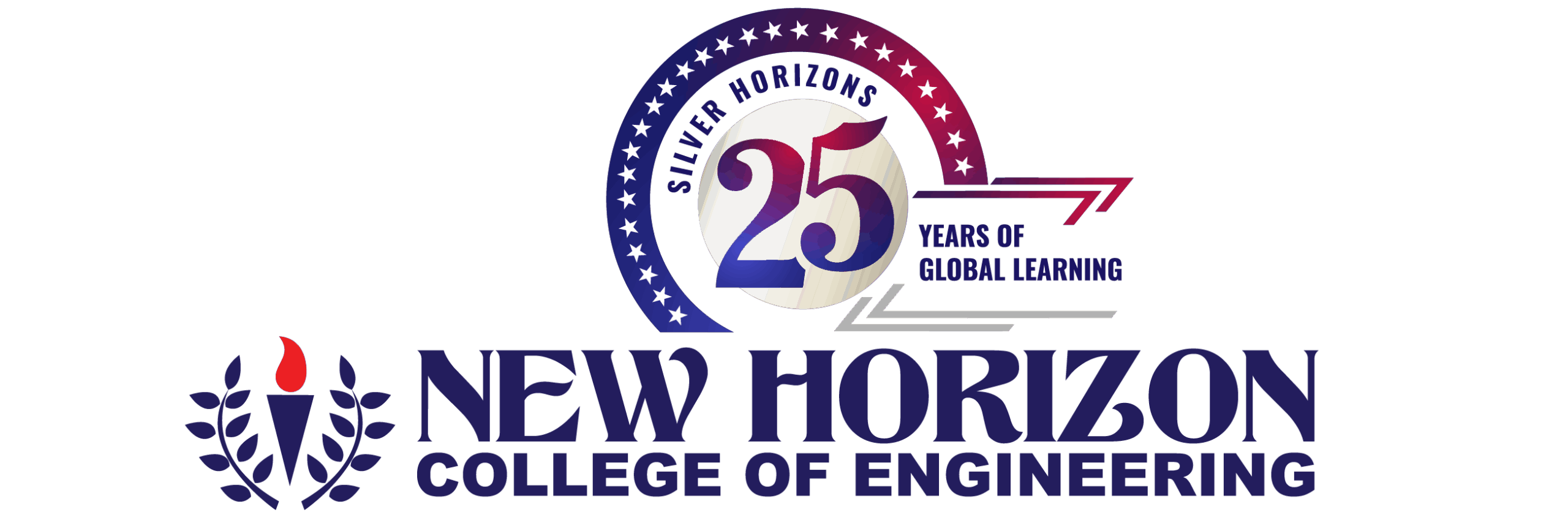- Horizonite
What Is Computer Engineering?
Computer engineering incorporates the practices of electrical engineering and computer science in designing and developing computer systems and hardware. From microprocessors and circuit design to software development and integration of these components into a complete system, engineering programs focus on integrating hardware into software. This encompasses designing computer chips, developing algorithms, and ensuring that the computer system works efficiently.
It includes various fields like robotics, telecommunications, instrumentation, and cybersecurity. Since it bridges the gap between hardware and software, it is considered one major driving force behind the acceleration of technology with new solutions like IoT that bring different aesthetics to the quality of life.

Computer Science vs. Computer Engineering
CS focuses on software, algorithms, and the theoretical structures of computing. It also involves programming, data structures, artificial intelligence, and software development. Whereas, computer engineering unifies hardware and software and focuses on the design and development of computing systems, ensuring that the systems work efficiently. Pursuing the best engineering course in these fields provides a strong foundation in digital circuits, microprocessors, and embedded systems. The bottom line is that CS is based on theory and software; on the other hand, CE is somewhat of a mix of hardware and software engineering.
Role Of Computer Engineers
Computer engineers are responsible for the design, development, and maintenance of computer hardware and software systems. They design circuits, microprocessors, and other types of embedded systems and also develop software that complements the hardware. Enrolling in the best engineering course in India equips students with the skills needed to test and fine-tune systems while troubleshooting technical problems that may arise. With the collaboration of other engineers, they are experimenting with new technologies that will enhance the computational speed, security, and functionality of computers’ performance.

Workplaces for Computer Engineers
Computer engineers work in diverse environments, including tech companies, software firms, and hardware manufacturers. They work in research labs, designing and testing new technologies, or in data centers, maintaining systems and networks. Enrolling in the best engineering college helps professionals build expertise in areas like cybersecurity, where they strive to safeguard information. As software engineers, they develop software for mobile devices, embedded systems, or cloud computing. Additionally, they may be employed in academia, teaching, or government agencies, supporting critical infrastructure.
Also read about Scope of Computer Science Engineering
Computer Engineer Salary
The salary depends on experience, location and position in the company.
- Entry-level positions: 3-6 lakhs.
- Up to 4 years of experience: 5-8 lakhs
- 5-10 years of experience: 8-15 lakhs
- More than 10 years experience: More than 15 lakhs

Becoming a Computer Engineer
In order to become the best computer engineer, here are the steps:
- Select subjects like math and computer science in 12th grade to make foundations strong.
- Pursue a Bachelor’s degree in computer engineering fields like Computer Science, Information Technology or Information Science.
- To gain firsthand experience, participate in workshops, do internships and do project work that enhances your skills further.
- Get course certifications in evolving fields such as AI and ML, data structures, programming languages, operating systems, etc. to add value to your resume.
- Focus on personal and skill development; work on projects to build a strong portfolio.
To network, attend tech conferences and seminars to increase your chances of interacting with professionals. - Create a strong resume highlighting your skills, project works and experience.
Since this is an ever-growing field, continuous skilling, upskilling and reskilling is essential.
Key Skills for Computer Engineers
- To work effectively as a computer engineer, a strong hold on both technical and soft skills is necessary. The important technical skills in this area include:
- knowledge of programming languages, like Python, C++, and Java;
- knowledge to decode computer architecture, operating systems, and principles of software development and debugging.
- Knowledge of hardware design and the principles of networking is also essential.
- Soft skills like problem solving, analysis, teamplaying, project management, time management and communication should be developed.
- Besides these, continuous learning would be beneficial.

Computer Engineering Specializations
The field of technology is vast and evolving. Before venturing into it, have a look at the specializations to pursue:
- Networking: involves developing computer network systems.
- Hardware systems: focuses on designing hardware components.
- Cybersecurity: deals with developing software to secure digital information.
- Web development: specializes in creating and maintaining websites.
- Software development: involves developing software systems, applications and networks.
- Programming: teaches programming languages like Java, Python, C, and C++.
- Artificial intelligence: focuses on developing smart systems.
Data science: equips students with data analysis, machine learning, etc.
Careers in computer engineering
The careers to pursue in computer engineering include:
Sector | Career prospects |
|
|
|
|
|
|
|
|
|
|
Conclusion
Computer engineering is the most desirable field of study among students due to the diverse and global opportunities it offers. Enrolling in a Computer engineering program at the best engineering college in Bangalore equips students with the necessary skills to be adaptable, continuously learn, and stay updated, relevant, and competitive to secure good positions with decent packages in this rapidly growing and changing sector.
Check Out: Top Engineering Colleges in Bangalore
FAQs
Computer engineers typically have good salaries. The average annual salary of an entry-level computer engineer in India is between 4 and 6 LPA. Through experience and specialization, one can earn more than 10 LPA . Learning key demand skills increases the earning potential, so the overall figure is very good earnings for one in this career field.
Computer engineering is mostly done in office settings. For instance, coding, hardware design, and troubleshooting fall into this category. Although some tasks in the profession may entail hands-on intervention, e.g., the implementation of hardware or processes, any tests, or site installations or repairs, these are on-site activities.
Software engineers can consider being: data analysts, software developers, computer systems analysts, big data engineers, IT managers, project managers, blockchain developers, game designers, etc.
Yes, computer engineers are still relevant after AI because they are knowledgeable about creating, integrating, and maintaining complex systems. The more AI technologies advance, the more it drives the requirement for engineers who will build and optimize hardware to ensure cybersecurity and manage data infrastructure. These skills are critical for the deployment of AI solutions and fostering innovation within industry ecosystems.






